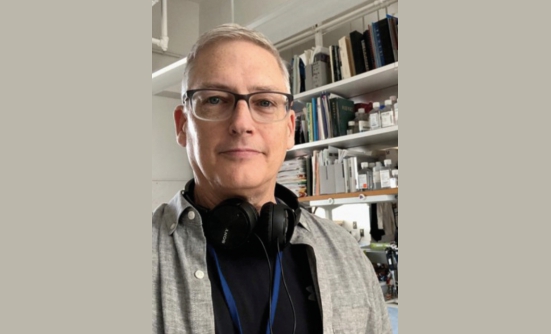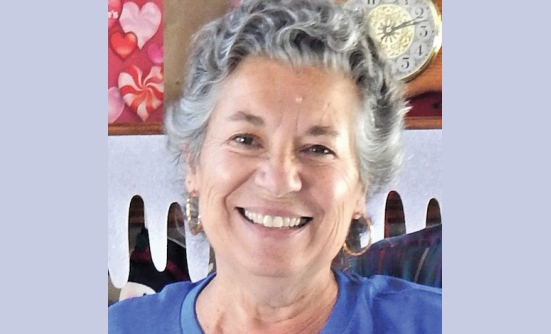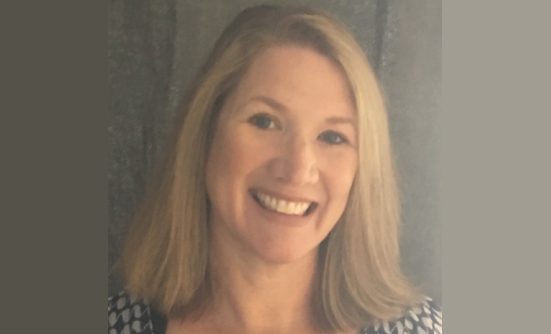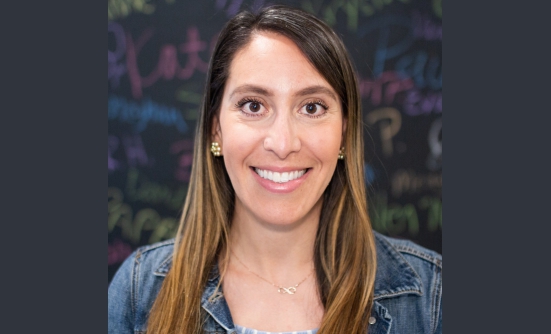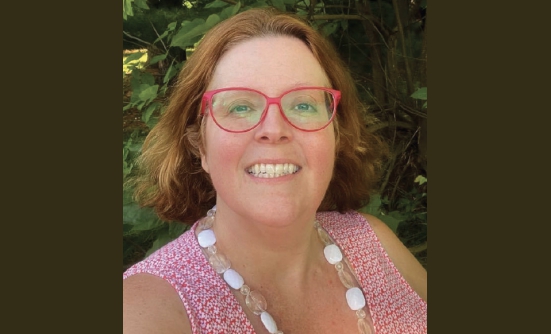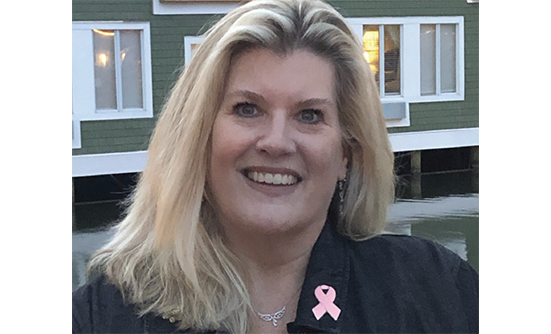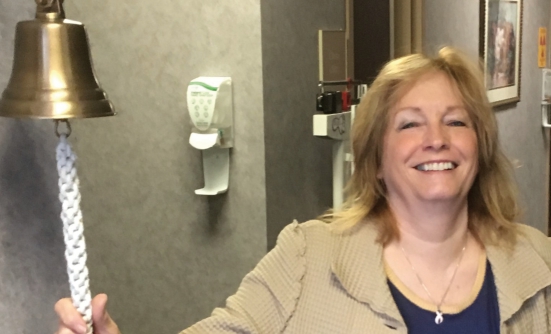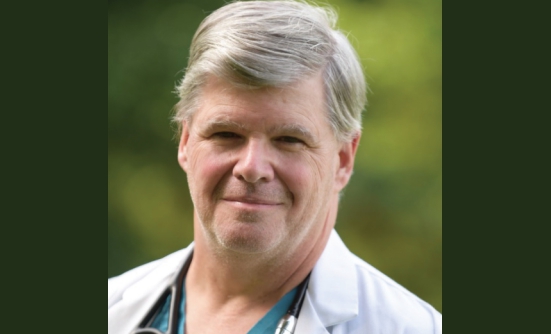Reprinted from the NATIONAL CANCER INSTITUTE
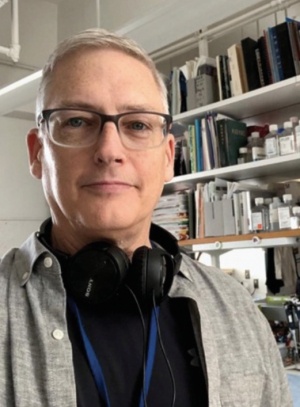
There are nearly 17 million cancer survivors in the United States, and each will contend with the effects of their diagnosis and treatment in different ways. Personalized treatment options continue to be studied, but as the number of survivors keeps growing, research is also being devoted to finding ways to improve overall care and well-being so that survivors can go on to live longer, healthier lives.
When Surviving Cancer Means Living with It
“I saw a doctor after thinking I had some symptoms they mention on TV drug commercials,” said Chuck Rose, a creative director at the National Cancer Institute. “I didn’t expect cancer.”
He was 53 when he got the news: metastatic prostate cancer. What followed were multiple surgeries, monthly treatments, and radiation, which led to other physical issues he had to treat.
In addition to emotional and physical effects stemming from their diagnosis and treatment, many survivors experience a new vulnerability as they look ahead. Advances in survivorship science have increased our understanding of and ability to prevent and reduce these effects, but there’s still more to learn and put into practice.
Chuck is one of 16.9 million Americans who are cancer survivors and part of a growing number living with cancer. Someone is considered a survivor from the moment they’re diagnosed, but there are different ways to experience survivorship. If you ask Chuck, he’d say he’s a “survivor in lifelong containment.”
Although the cancer is gone, he continues treatment to keep it dormant.
His advice to other survivors? “Keep your sense of humor and be kind,” he said, recalling a memory of a nurse who helped him shower postsurgery. “For 2 weeks, I only had sponge baths, and it was the most gratifying thing, to shower and have someone take extra care,” he said. “I told her, ‘I don’t know how often people take time to appreciate you, but I want you to know you really helped someone today.’ And she cried and I cried.”
As hard as his initial treatment was, Chuck still credits it with saving his life. Today, 7 years later, he spends time with his family, enjoys landscaping, and is “getting better at gardening.” When asked, he says, “I have—not had, have—cancer,” and that means taking daily pills and having periodic treatment. “But that’s not too bad, because I still get to do what I love, and I’m still here.”
“Cancer Survivorship Is as Unique as the Survivor” was originally published by the National Cancer Institute on April 12, 2021, at www.cancer.gov/news-events/nca50/stories/survivorship.





